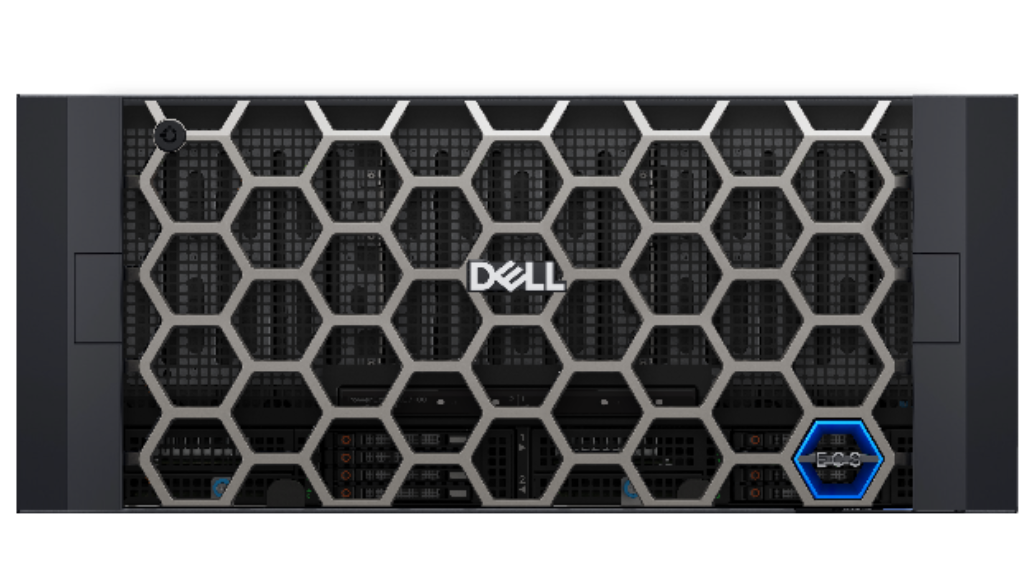Home > Storage > ObjectScale and ECS > Industry Solutions and Verticals > Turnkey Mass Storage using Versity ScoutAM and Dell ECS > Hardware Architecture
Hardware Architecture
-

The Dell-Versity Mass Storage Solution is deployed on standard hardware components in five functional categories.
- Dell PowerEdge R760 Servers: Used as ScoutAM server nodes for high availability and performance scaling. These servers manage all the data within a ScoutAM solution and provide access to data using various interfaces such as a native POSIX file system interface, NFS, or Samba for network sharing, or an S3 object storage interface.

- Dell PowerVault ME5024 for metadata storage: This device stores file system information, such as file names, path names, permissions, rich metadata, number of copies, and data copy locations. The metadata collection is persistent and remains online at all times.

- Dell PowerVault ME5024 for primary cache: The primary cache acts as the landing zone for all data managed by ScoutAM. It is temporary storage optimized for streaming throughput to and from mass storage devices.

- Dell ECS or PowerScale for extended cache (optional): The extended cache is helpful for solutions that include tape or off-premises mass storage where recall times may be too long for users and applications. It is a cost-efficient, easily expandable storage component that supplements the primary cache.

- Dell ECS or PowerScale for mass storage: The mass storage serves as the long term, low-cost bulk data storage component. It can either be disk-based private cloud storage, public cloud storage, or an on-premises tape subsystem. ScoutAM supports any combination of mass storage options within a single hybrid system. Tape may also be used for mass storage.

